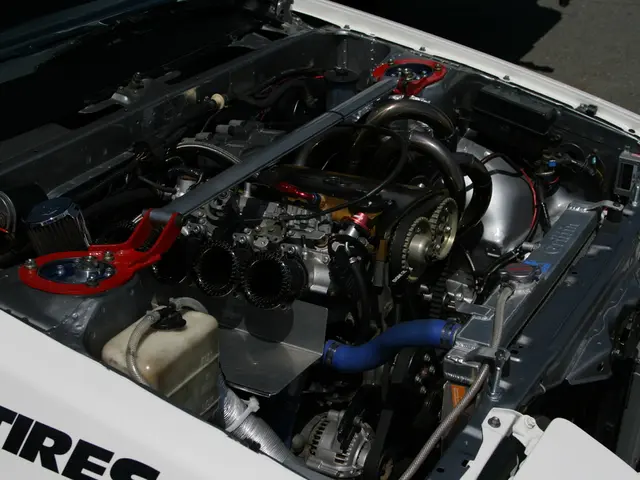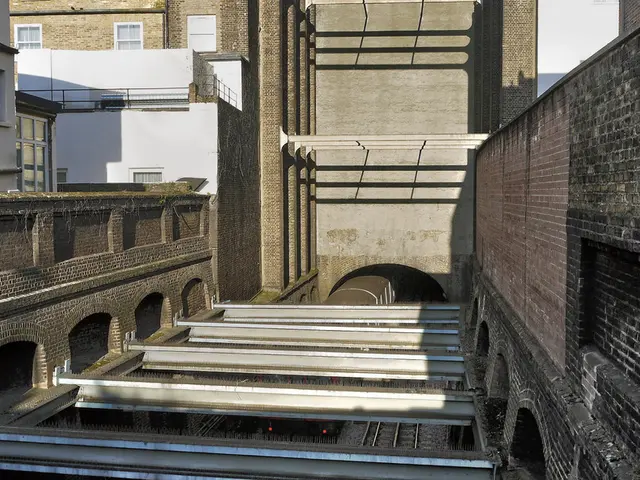Germany's DLR Converts Coal Plant to Battery for Greener Energy Future
Germany is taking significant steps towards a greener energy future. By 2030, global battery demand is projected to reach 50 gigawatts, and the country is at the forefront of this shift. The German Aerospace Center (DLR) is spearheading a pilot project to convert a coal plant into a massive battery, aiming to phase out coal while ensuring energy stability.
Germany's coal plants currently generate around one third of the country's power, making an immediate shutdown impractical. However, the country is committed to closing all coal plants by 2038. The DLR's innovative project at the Reuter power plant in Berlin offers a greener alternative to traditional coal-to-gas conversions. The pilot involves replacing the old coal boiler with a 10MW molten salt thermal storage tank, heated using excess renewable energy.
The process, known as power-to-heat, is highly efficient. It can absorb ten times more energy than water, providing a viable solution for storing excess renewable energy. This is particularly crucial as Germany's lignite fuels seven of the EU's top ten polluters, necessitating a rapid shutdown of coal plants. Other initiatives, like the 'Batteriepark Schwarze Pumpe' project near the 20-year-old Schwarze Pumpe coal power plant in Lusatia, involve converting polluting power stations into batteries. This not only helps in reducing emissions but also repurposes existing infrastructure for a sustainable future.
The global demand for battery storage is set to soar by 2030, and Germany is leading the way with innovative projects like the DLR's molten salt battery. By converting coal plants into batteries, the country aims to balance its energy needs with its commitment to reducing emissions. This transition, while challenging, is a significant step towards a greener, more sustainable energy system.








